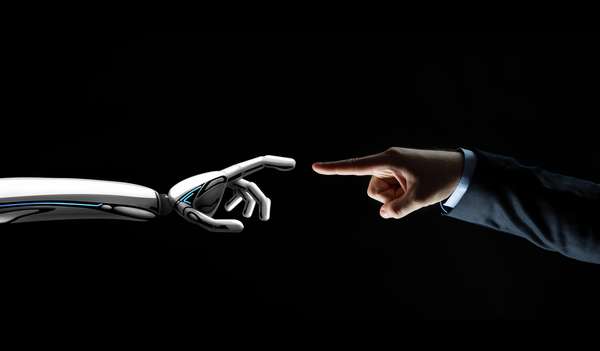In the realm of modern business operations, the integration of human resources (HR) processes with Enterprise Resource Planning (ERP) systems has become a cornerstone for organisations aiming to optimise their workforce management strategies.
Among the many benefits of this integration is the ability to consolidate all employee data into a centralised database, facilitating more efficient HR operations and strategic decision-making.
This article delves into the transformative impact of integrating HR processes with ERP integration systems and explores how cloud ERP solutions are revolutionising human capital management.
The Need for centralized Employee Data Management
In traditional HR practices, employee data is often scattered across disparate systems, making it challenging for HR professionals to access, manage, and analyse information effectively. This fragmented approach not only hampers efficiency but also increases the risk of errors and inconsistencies in data management. By integrating HR processes with ERP systems, organisations can centralise all employee data into a single, unified database, providing a holistic view of workforce information.
The Role of Cloud ERP in HR Integration
Cloud ERP solutions have emerged as game-changers in the realm of HR integration, offering scalability, flexibility, and accessibility unparalleled by traditional on-premises ERP systems. With cloud ERP, organisations can leverage the power of the cloud to seamlessly integrate HR processes with other business functions such as finance, operations, and supply chain management. This enables HR professionals to access real-time employee data from any location, at any time, fostering collaboration and agility in decision-making.
Key Benefits of Centralized Employee Data Management
Efficiency and Accuracy: By consolidating employee data into a centralised database, HR professionals can streamline administrative tasks such as payroll processing, benefits administration, and compliance reporting. This reduces manual effort, minimises errors, and ensures data consistency across all HR processes.
Improved Decision-Making: A centralised database provides HR leaders with a comprehensive view of workforce metrics, trends, and performance indicators. This enables informed decision-making regarding talent acquisition, resource allocation, succession planning, and performance management, driving organisational success.
Enhanced Employee Experience: With centralised employee data, organisations can deliver personalised experiences for employees, such as tailored training programs, career development opportunities, and benefits packages. This fosters employee engagement, satisfaction, and retention, ultimately contributing to a positive workplace culture.
Compliance and Security: Cloud ERP solutions offer robust security features and compliance controls to safeguard sensitive employee data. By centralising employee data in a secure environment, organisations can ensure compliance with data privacy regulations such as GDPR and CCPA, mitigating the risk of data breaches and legal liabilities.
Scalability and Adaptability: Cloud ERP solutions provide scalability to accommodate the evolving needs of growing organisations. As the workforce expands or undergoes changes, the centralised database can easily scale to accommodate additional employees, new locations, and organisational restructuring, ensuring continuity and efficiency in HR operations.
Case Study: Transforming HR Operations with Cloud ERP Integration
Let’s consider a hypothetical case study of a multinational corporation that has recently transitioned to a cloud ERP solution for HR integration. By centralising employee data in the cloud, the organisation has streamlined its recruitment processes, reduced time-to-hire, and improved the candidate experience.
HR professionals can now access real-time workforce analytics to identify talent gaps, optimise resource allocation, and track key performance indicators. Moreover, the organisation has enhanced data security and compliance by leveraging the built-in encryption and access controls offered by the cloud ERP provider.
Conclusion
In conclusion, the integration of HR processes with cloud ERP systems offers unparalleled benefits for organisations seeking to optimise their human capital management strategies. By consolidating employee data into a centralised database, cloud ERP solutions enable HR professionals to streamline operations, enhance decision-making, and foster a culture of efficiency and innovation.
As organisations continue to embrace digital transformation, cloud ERP integration will play a crucial role in shaping the future of HR and driving sustainable growth in today’s competitive business landscape.
Guest writer.





















